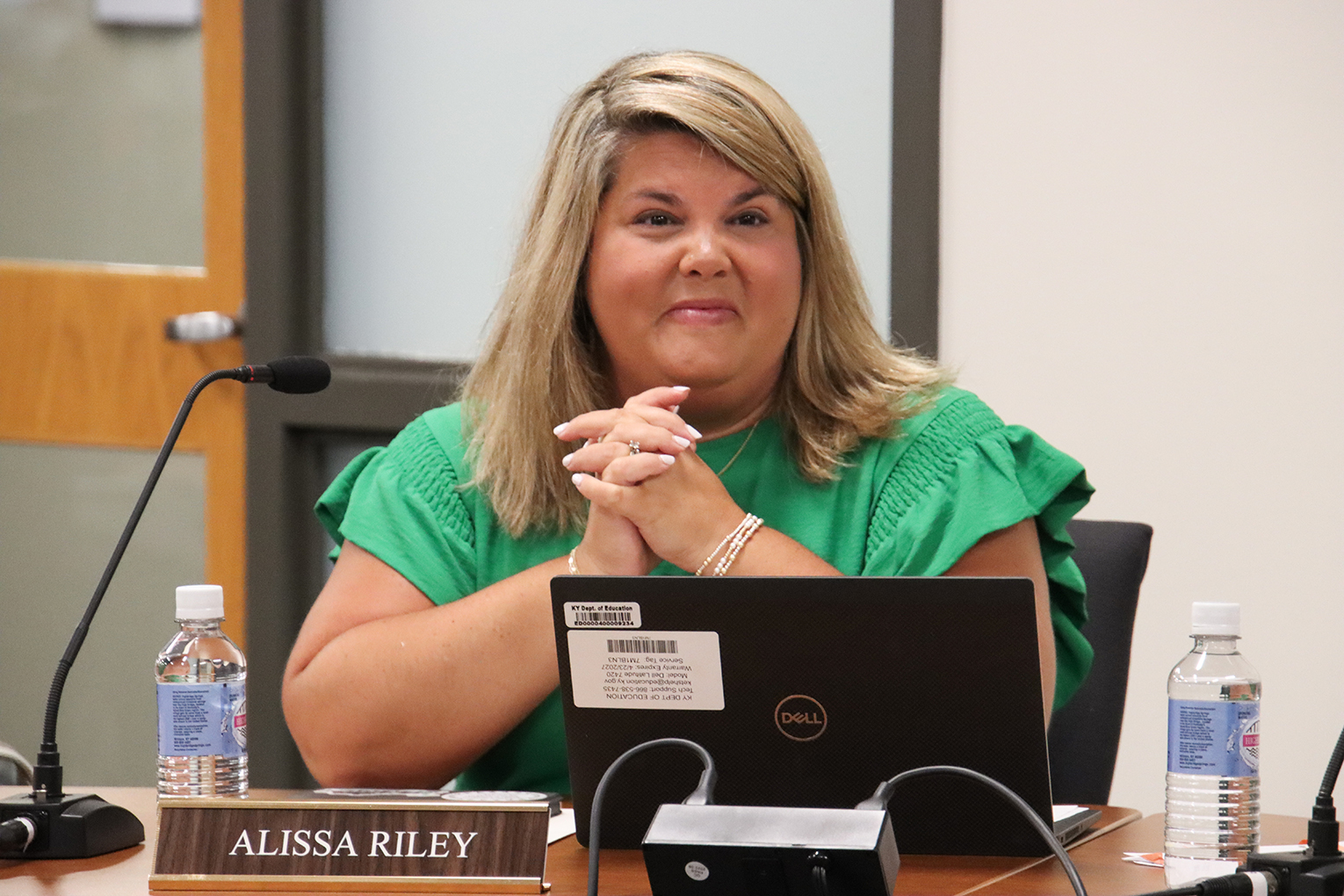
Christopher McCurry
Seems like every student email I receive these days begins with an apology. “I’m sorry Mr. McCurry, I won’t be able to finish this assignment on time.” ”Please forgive me, but I won’t be able to attend class because …” In a typical year, I would respond to these students with the information they needed to get caught up, inform them of their responsibilities and push them to get back on track.
This has not been a typical year, and I find myself in my students shoes more frequently. Maybe because the pair we’ve been given fit all of us: a pandemic that changed the way we live and learn.
It’s not hard to imagine a student frustrated and overwhelmed with navigating Canvas for the first time, because I was struggling with the Canvas myself just days before school started. It’s not hard to understand the pain and suffering of losing a loved one and not being able to grieve in the expected way, because I too lost someone, my grandfather.
As a glass half full kind of person, I guess I would say the pandemic sharpened my ability to empathize with my students. As it wore on and the distance between us grew and more and more students began struggling, it also began sharpening two other tools: forgiveness and grace.
Mr. Christopher Clark of Bourbon County High School showed me the power of forgiveness during my 9th-grade year. We were assigned an analysis of a book using a visual aid to help explain our analysis. I had just been moved into his Advanced English class and had no clue what analysis was.
With my mom’s help, I baked a graveyard (dirt) cake for Stephen King’s “Pet Sematary.” As cool as the cake turned out to be with marshmallow tombstones and gummy worms, I had no idea how to talk about the book – let alone analyze it. After I finished my presentation, Mr. Clark pulled me outside of his room and told me the expectations for his Advanced English I class.
I had not met those expectations, but he gave me a second chance. Another life, to use a video game metaphor. Essentially, he forgave me, and in doing so gave me permission to try again with a new appreciation and understanding of the expectations.
We should resist the temptation to assume that from that moment on I was the ideal student or had reached my potential. Forgiveness must be coupled with grace.
When my students ask for extensions, ask to try again or break behavioral expectations, forgiving them without grace sets them up to fail. I’m certain Mr. Clark looked at some of my assignments after that first talk and shook his head. Or maybe he didn’t. Grace could have been a sharp and powerful tool in his repertoire already.
It’s been easy to practice these necessary teaching skills during a pandemic because administrators – under the pressure of mass student failures – have endorsed policies and practices that have, at their center, empathy, forgiveness and grace.
This has led me to ask the question of why did we ever think these tools would weaken our control and pedagogy as educators? Why do we bolster our classroom with policies that are unempathetic, unforgiving and lacking grace? Rather than choose rigidity, we can choose flexibility. Every teacher I know didn’t just change a classroom policy or an entrenched idea about what education should look like – they changed the entire profession in a matter of days.
So, let’s do away with penalties for late or missing assignments for good. For those teachers who are afraid of the consequences of what sounds like anarchy, after 10 years of having this policy in my classroom, there are virtually none. Students are happy to have the opportunity to receive full credit and I’m happy to have the responsibility for their grade rest solely on their ability instead of my policy. There are fewer parent complaints, too. Students do not have to email me ahead of time apologizing for not being able to turn in an assignment because they work or have band practice every day after school.
Arguments about preparing students for the real world ignore that our real world is exceedingly harsh, and schools should be the last place to replicate that. Not to mention, in the real world, there are no deadlines for learning.
Here’s another idea – maybe a little more on the wild side – but what if we gave students infinite tries? Standards-based grading gets this right. Let’s let students redo everything – homework, tests and presentations – because this serves everyone, the perfectionist and the procrastinator. Won’t they ask a friend for the answers? Maybe so, but at least they know now what they didn’t know before, and we are using forgiveness and empathy as instructional tools rather than fear of consequence and control.
You’ll have to hear me out on this last idea. It’s more of a thought experiment. No student should fail. Schools shouldn’t have that function. For this thought experiment, think about the last time you played a video game. A video game’s goal is to be engaging and challenging enough to keep you playing. Sounds like the ideal for school, right? And when you fail, you always get to try again. If you continue to fail someone or some thing comes along to give you a hint. You only fail when you give up.
This is exactly how school was this past year; no one failed, not if they cared or were trying. Do they all get As? No. But no one failed. That’s a powerful form of grace teachers offered to nearly every student in Kentucky, whose main job this past year was to survive a pandemic with their mental and emotional health intact.
During the pandemic, I’ve seen my colleagues and teaching friends on Facebook do for their students what Mr. Clark did for me, give me empathy, forgiveness, and grace. Kentucky teachers have practiced giving chance after chance, removing penalties for late work, and continuing to engage and reach out to students who are struggling or giving up. Not only do we have a more flexible and dynamic profession thanks to online learning, we also have a more compassionate one.
Christopher McCurry teaches English and African American Literature at Lafayette High School (Fayette County). He’s the 2021 Kentucky High School Teacher of the year. A graduate of the University of Kentucky’s (UK) Master’s with Initial Certification program and Middlebury College’s Bread Loaf School of English, McCurry is currently studying educational leadership at UK. He likes poetry, board games and traveling.



This is one of the most satisfying columns I’ve read here. If education were approached this way, I believe everyone could thrive. I notice Mr. McCurry is not advocating that there are no standards, and that is important. Instead he is advocating that everyone be given the time and tries necessary to work to master the standards rather than being labeled “failed”. Bravo!